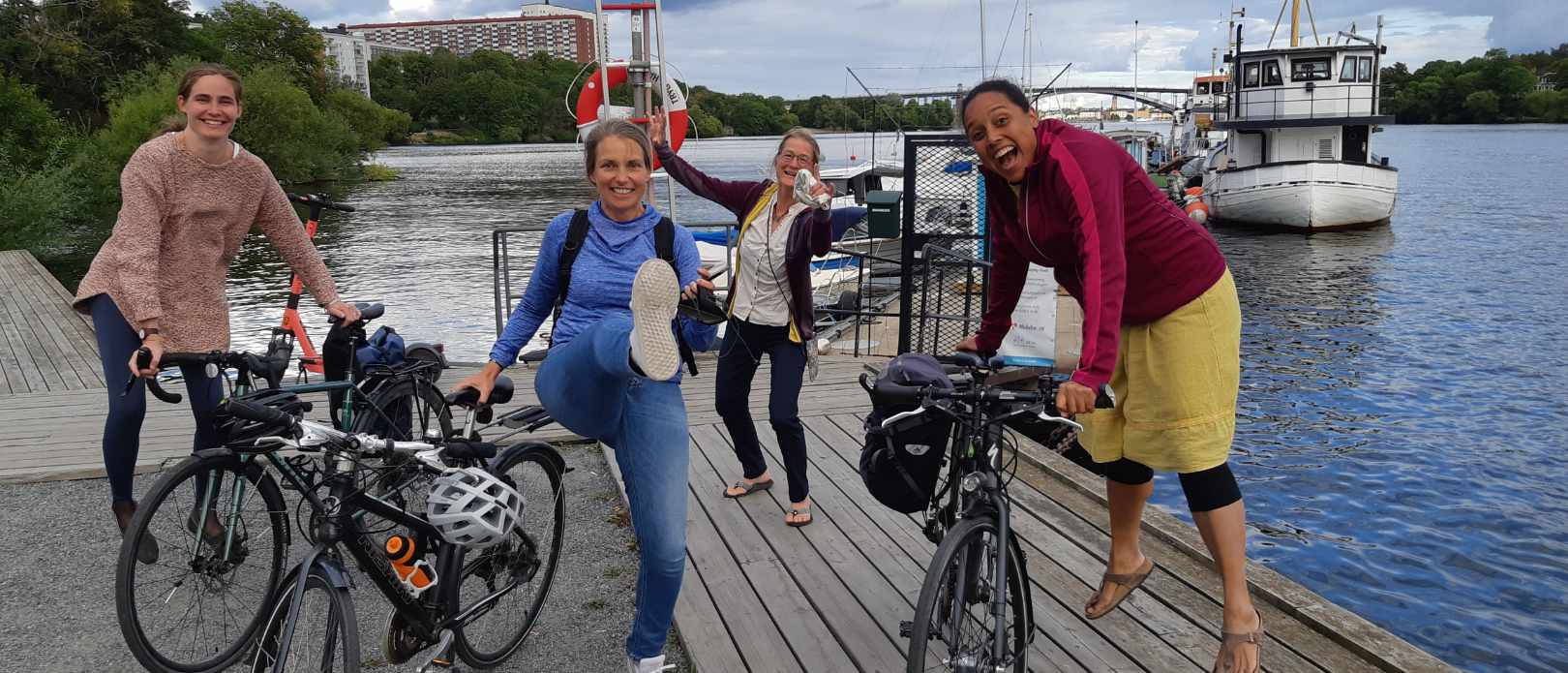Multi-method research
Combining modeling and empirical research can give better sustainability insights

Combining modelling approaches with empirical methods can for example be used in policy experiments to control air pollution, as one example study of the article shows. Photo: GaudiLab via Canva.
Mixing empirical methods and modeling can provide better insights into cause-effect relationships in sustainability, and improve governance
- Empirical and modeling approaches are rarely used in combination
- Integrating the two can shed light onto complex causal processes that affect sustainability
- The combination of both approaches can support the development of better theories of nature-society dynamics – and better future governance
Empirical analyses and modeling are two common approaches to studying how people and nature interact when researchers try to better understand complex sustainability challenges.
Empirical research is based on observations or experiments in the real world, e.g., the effect of an antipoverty program on deforestation or the mechanism that facilitated collaborative flood risk management. Modeling on the other hand is about using mathematical or computational models to simulate the behavior of systems, e.g., changes in air quality after Covid lockdowns or the effect of fuel subsidies on poverty dynamics.
A lot can be learned when we bring these two methodological traditions in dialogue.
Centre researcher Maja Schlüter
Surprisingly enough, empirical and modeling approaches are rarely used in combination – but they should, argues a new research paper, published in the Proceedings of the US National Academy of Sciences, PNAS. The article was authored by Centre researchers Maja Schlüter and Kirill Orach, and colleagues from the United States.
The best of both worlds
“A lot can be learned when we bring these two methodological traditions in dialogue,” explains Maja Schlüter, the article’s lead author.
Multi-method approaches are nothing new, but the use of the complementary strategies of the different approaches for making causal claims is rare in sustainability science. Integrating modeling and empirical approaches can be challenging, and as a consequence, scientific communities remain separate.
To make sense of nature-society systems, it’s important to understand what factors and mechanisms cause change and what effects change can have on a system. By themselves, both modeling and empirical approaches reach the limits of what they can explain.
“Integrating empirical and modeling approaches can shed light onto complex causal processes that affect sustainability,” says co-author Kirill Orach.
Strengths and challenges
The article looks at four different studies which have integrated these two types of approaches. From there, the authors draw several key insights into the benefits of integration:
- Modelling can strengthen the design of empirical studies and can be used to gain additional insights into their results.
- Modelling can highlight and help to make sense of unexpected outcomes of interventions or socio-economic or environmental change and give a wider context for empirical studies.
- Where prior understanding of causal relations is lacking, empirical approaches can inform model development; vice versa, modeling can help empirical approaches find the right focus.
- Integrating the two approaches lets researchers generalize results from case studies, and help build novel theories.
There are drawbacks too. Integration of the two traditions can be very challenging and costly; research team members need a good understanding of each other’s differing methodological thinking, and skills to navigate different ideas about causality, concepts, technical terminology, and ways to communicate them. Collaboration between researchers with the purpose of integrating methods has to be nurtured and supported both by internal practices within research teams and by publishing institutions and funding schemes.
Integrating empirical and modeling approaches can shed light onto complex causal processes that affect sustainability.
Centre researcher Kirill Orach
If these challenges are overcome, the benefits can be substantial according to the article. Ultimately, the researchers show that the combination of both approaches can support the development of better theories of nature-society dynamics – something that also can translate into better future governance.
“Governance of nature-society systems is fundamentally about choosing among potential actions that will affect the natural and social components of these systems and their interactions. A better understanding of causality contributes to making such choices,” says Maja Schlüter.
Schlüter, M., Brelsford, C., Ferraro, P.J., Orach, K., Qiu, M. & Smith, M.D. 2023. Unraveling complex causal processes that affect sustainability requires more integration between empirical and modeling approaches. Proceedings of the National Academy of Sciences, 120 (41), e2215676120.








